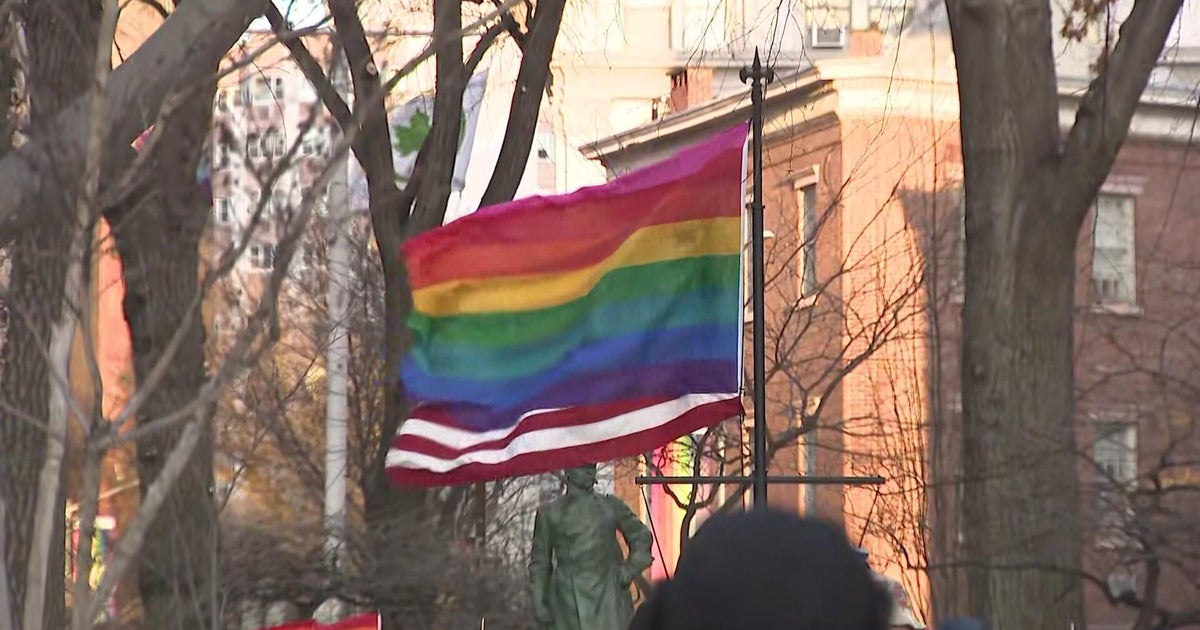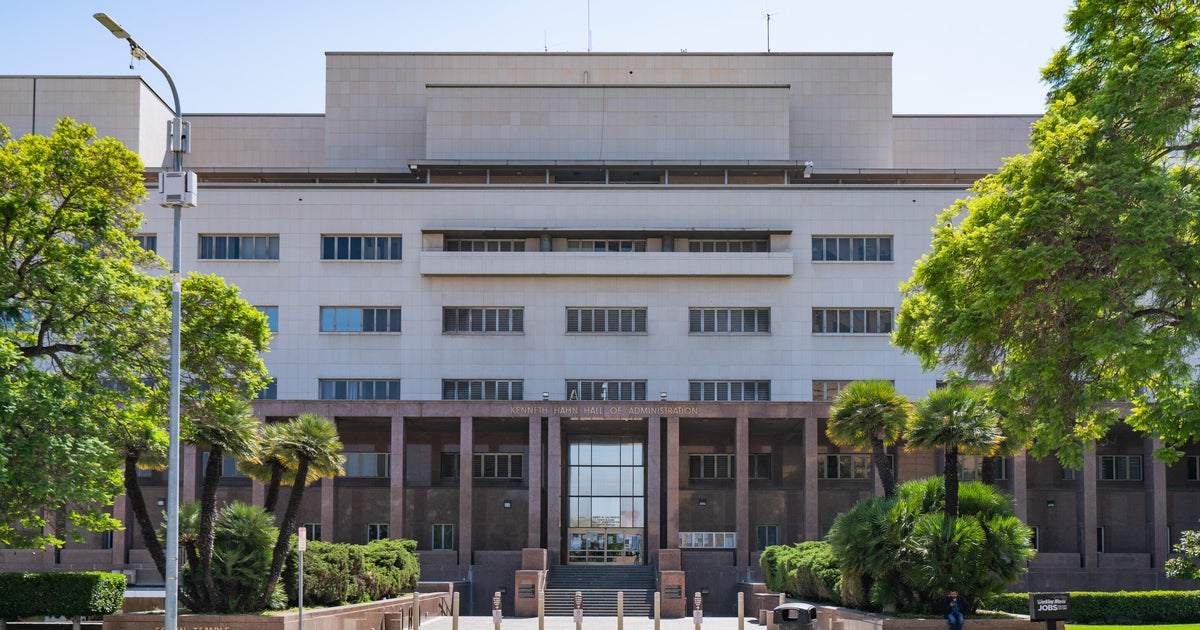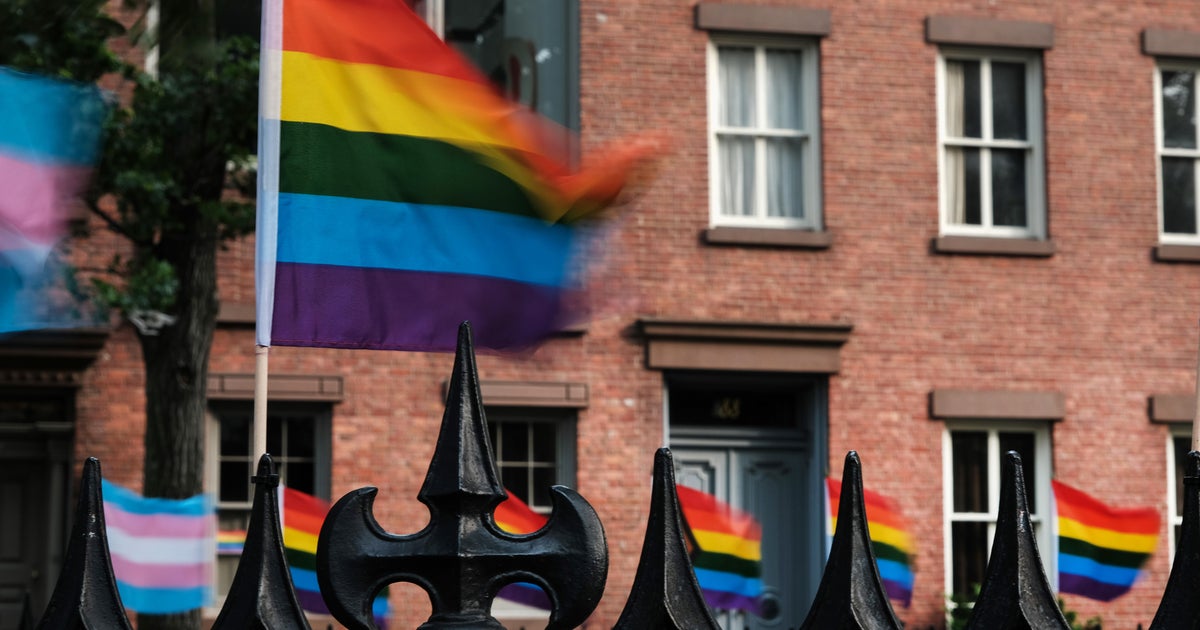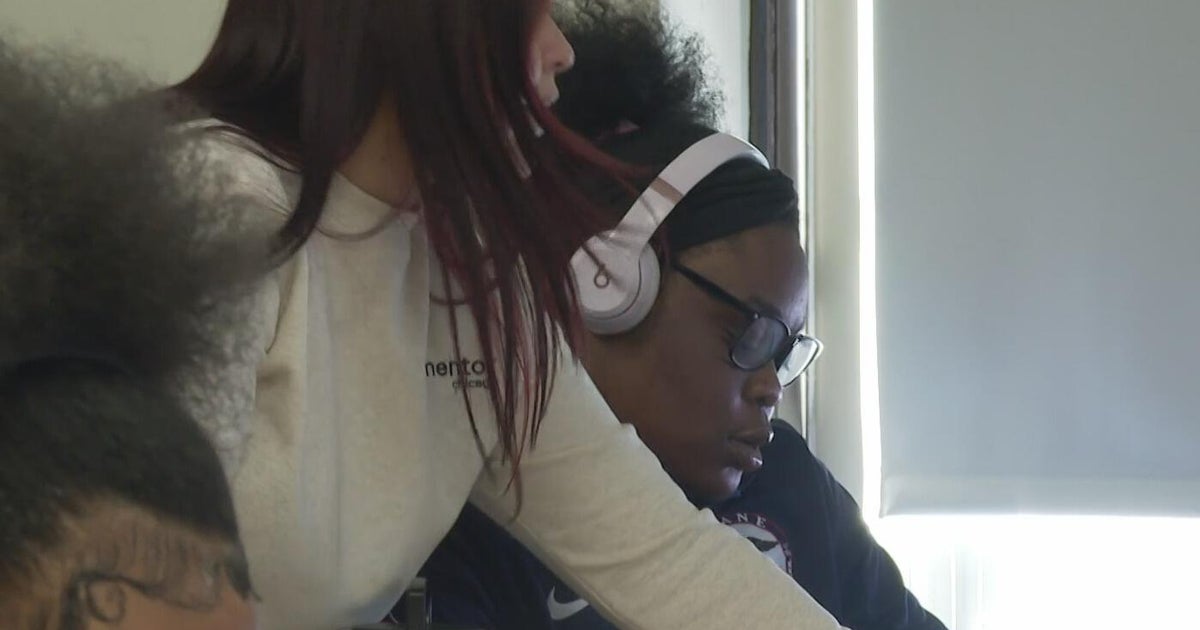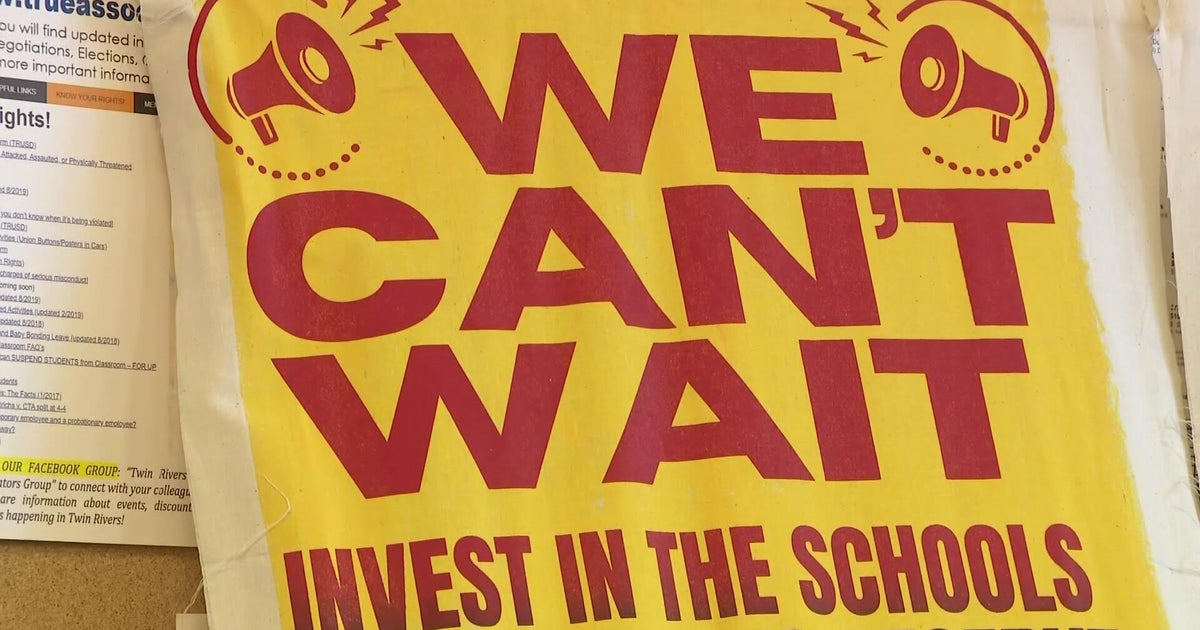Dr. Maya Green helping to bridge healthcare gap for LGBTQ+ patients
CHICAGO (CBS) -- As we celebrate pride, members of the LGBTQ+ community continue to make countless contributions to moving Chicago forward.
CBS 2'S Jermont Terry introduces us to a community physician who's bridging the equity gap in healthcare.
The artwork on the wall at TaskForce Prevention and Community Services illustrates the openness of those who walk through the doors.
"They heard this is a space where I can come, and I don't have to hide who I am," said Dr. Maya Green, a community physician and board member at TaskForce Prevention and Community Services.
Green embraces the space for LGBTQ+ youngsters. She's established clinics on Chicago's South and West Sides for LGBTQ+ members - dealing specifically with HIV/AIDS outreach.
"I realized I wanted to be a facilitator of community healing," she said. "Communities know what's needed for its healing. They know the answers and solutions to the problems they face."
Green connects directly with the community she serves. When did she find her voice and courage to stand on who she really is? As a pre-teen, Green said her mother knew and embraced her.
"My mom has always been that person," she said. "My momma would say this. She would say, 'If you are gay, don't be gay and mediocre. Don't be gay and ashamed of it. You be gay and great!'"
Judging by the HIV/AIDS outreach Green is doing, she's exceeding mom's expectations. She's a primary care physician and sits on the executive board of TaskForce Chicago.
"When we look at our community, the LBGTQ community, 20% less likely to have insurance; and once insured, 9% less likely to engage with care," Green said.
What does she believe the untold stories are of the LGBTQ+ communities on the West Side in Austin and Garfield Park?
"Resilience. Resilience and finding safe spaces," she said.
Christopher Balthzar is TaskForce's executive director. What does he have in Green?
"Oh my God, it's priceless. I have a true gem," he said.
Balthazar said Green is very effective in getting the community proper HIV/AIDS healthcare and more.
"They don't have to explain to her what it means to be Black, or what it means to be gay or lesbian. She gets it," Balthzar said.
Yet to understand Green's passion for HIV medicine and outreach, you must know her past.
An image sums it up. It shows a young Green next to her uncle, Robert Bolden. In the mid-80s, "Uncle Bebop" was diagnosed with AIDS, and Green recalled the pain it caused her mother.
"You're like, 'Okay, Uncle Bebop got diagnosed with HIV.' My mom's crying," she said. "The third, the fourth, the tenth day, when my mom's coming home, experiencing that, and having that same breakdown about the way he's being treated, the things other family members are saying about him, and it's because of this thing called HIV."
As a child, she didn't fully understand, yet she saw a change in her family.
"I can't go at that time to the hospital, but I can look into what is this thing that's separating the family so much," she said.
Today, she gives back and provides dignity in healthcare to honor her uncle.
"I hope that I am doing the things to make Uncle Bebop, my father, my ancestors proud," she said. "I hope history says I'm a lover of my people, an advocate of my tribe, and a facilitator of healing for my community."
It's why Green celebrates Pride.
